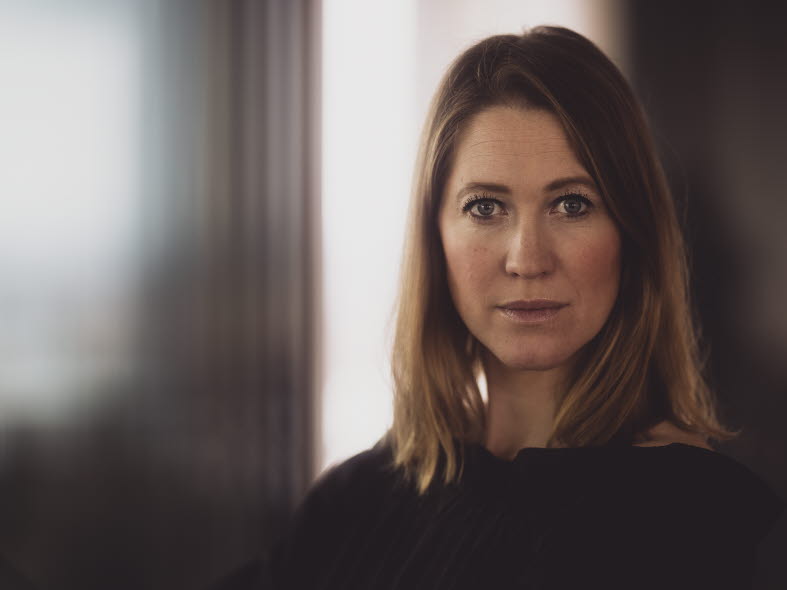“It is important both for women as individuals and for positive societal development,” she says. “We know that companies and organisations benefit from greater diversity. This goes for all levels – even ownership. Ownership is a pillar of a market economy.”
Ownershift's second report – the first launched in partnership with SEB – focused on the historical reasons why women own considerably less than men in a number of different asset classes, everything from shares to cars and savings capital. In subsequent reports Ownershift has taken deep dives into topics such as ownership of real estate and analysed the effects of marriage and divorce on ownership.
Focus on owning a business
The focus of the 2023 report is on owning a business and entrepreneurship. It draws upon data from Statistics Sweden (SCB) and the Swedish Tax Agency that shows that there are 460,000 people who own private, active, unlisted companies in Sweden. Of these, approximately 70 per cent are men and 30 per cent are women.
“But it is improving over time,” Emma Heikensten assures. “We have looked at the statistics since 2004, and since then the share of women with company ownership has grown by approximately 0.25 percentage points per year.”
The increase in women’s ownership in relation to men’s is relatively evenly distributed among various sectors. Of the 13 sectors included in the study, women’s ownership has increased in six, while it was unchanged in six. The only sector in which the share has decreased is the cultural sector, but there women are already in the majority, so this also represents a levelling. The construction sector is the one in which women’s ownership is lowest.
Gender a bigger differentiating factor than origin
Ownershift has also looked at how ownership is distributed with respect to persons with a Swedish or foreign background.* It shows that on the whole, gender is a bigger differentiating factor than origin.
The largest share of company owners is among men born in Sweden (9 per cent). Following this is men born outside Sweden or with at least one parent born outside Sweden (6 per cent), women born in Sweden (4 per cent), and the smallest share of all (3 per cent) – women born outside Sweden or with at least one parent born outside Sweden.
Involvement beneficial
Emma Heikensten says that her work for the organisation has been beneficial for her job as sustainability specialist at SEB Investment Management.
“My involvement in Ownershift is almost like a continuation of my research background. It is an experience that I have great benefit from combined with the issues that the organisation addresses.
“For example, SEB Investment Management has created a Global Equal Opportunity fund, which is based on insights that companies that have greater transparency, take better care of their employees and invest in inclusion and diversity have better conditions to create value,” says Emma.
The fund was launched a year and half ago and in 2022 delivered a return that was 0.9 per cent higher than the benchmark index. The fund thereby showed the third-best performance among Article 9 funds in Sweden.
SEB has been partnering with Ownershift since 2020, and on the basis of data from the organisation’s reports has conducted marketing campaigns under the economic equality theme.


